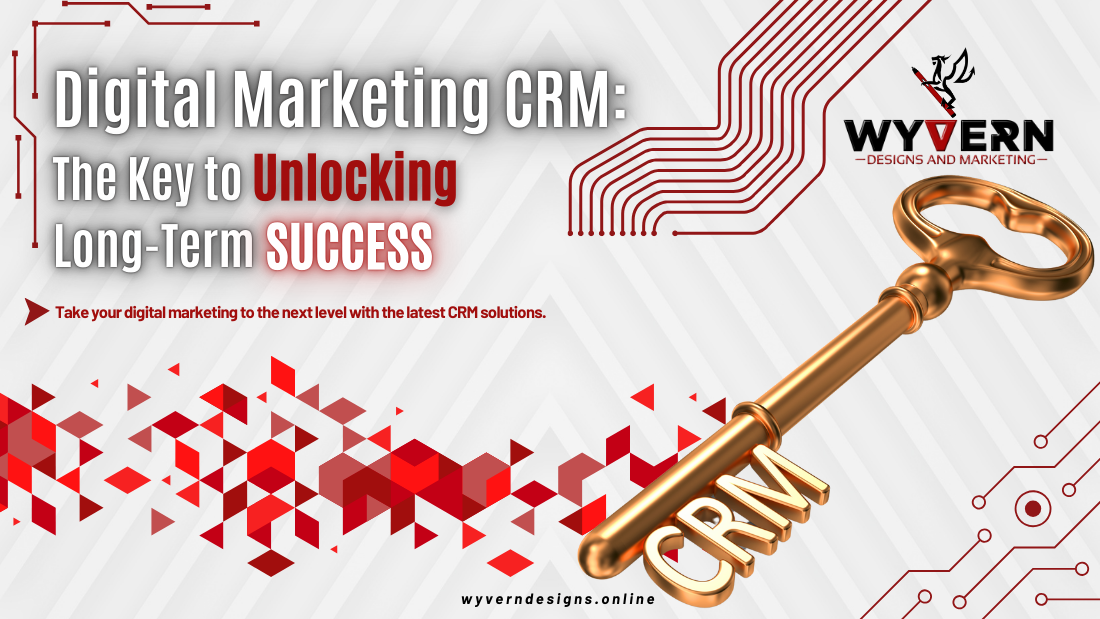Digital Marketing CRM: The Key to Unlocking Long-Term Success.
The Evolution of CRM in Digital Marketing
Customer Relationship Management (CRM) software has undergone significant transformations over the years, revolutionizing the way businesses manage customer interactions and digital marketing strategies. Early adopters of CRM systems have witnessed substantial gains in digital marketing ROI and business growth. By leveraging CRM, companies can track customer interactions and preferences, enabling targeted marketing campaigns that drive results.
Understanding CRM
CRM stands for Customer Relationship Management, a process that helps businesses manage potential and existing customers. CRM software enables effective customer relationship management, allowing companies to track interactions and preferences. A Marketing CRM combines sales and marketing tools, providing a comprehensive view of customer interactions across multiple channels.
The Impact of CRM on Digital Marketing
By tracking customer interactions and preferences, businesses gain valuable insights into customer needs and wants. This information can be used to create targeted marketing strategies and campaigns that resonate with audiences. CRM tools automate time-consuming marketing activities, provide transparency into the customer journey, and facilitate collaboration between sales and marketing teams.
Benefits of Using CRM in Digital Marketing
1. Personalization: Hyper-personalize marketing campaigns using personal data gathered by marketing and sales teams.
2. Increased ROI: Target campaigns more effectively, resulting in higher returns on investment.
3. Improved Customer Engagement: Acquire and retain customers by understanding their needs and preferences.
4. Additional Data for Sales: Share valuable insights with sales teams to enhance customer interactions.
5. True Spend ROI: Determine the effectiveness of marketing channels and allocate budgets accordingly.
6. Attribution: Accurately attribute revenue to marketing efforts, resolving disputes between sales and marketing teams.
7. Marketing Automation: Automate repetitive marketing tasks, freeing up resources for strategic initiatives.
How CRM Enhances Sales and Marketing Alignment
CRM systems help sales and marketing teams work better together by providing a centralized platform for tracking customer interactions. This enables:
1. Improved Communication: Sales and marketing teams can share insights and coordinate efforts.
2. Better Lead Qualification: Marketing automation tools qualify leads, ensuring sales teams focus on high-potential prospects.
3. Enhanced Customer Experience: Sales and marketing teams can deliver personalized experiences, driving customer satisfaction and loyalty.
The Future of CRM and Digital Marketing
As CRM systems continue to evolve, businesses can expect even more precise targeting and improved collaboration between sales and marketing teams. By adopting CRM systems and utilizing them to their full potential, businesses can stay ahead of the curve and drive significant improvements in marketing results.
CRM Integrations
Many CRM systems integrate with other business tools, such as ERP and accounting systems. These integrations enable businesses to:
1. Connect Sales, Marketing, and Accounting Data: Gain deeper insights into the impact of marketing efforts on revenue.
2. Make Informed Decisions: Use data-driven insights to optimize marketing strategies and budgets.
Conclusion
CRM systems are transforming the digital marketing landscape. By tracking customer interactions and preferences, businesses can better understand customer needs and develop targeted marketing strategies. The intersection of CRM and marketing is key to customer engagement, retention, and business growth. Businesses that want to stay competitive must adopt CRM systems and leverage their full potential.
Join the Wyvern Marketing community on multiple platforms: Website, Facebook and Instagram.

